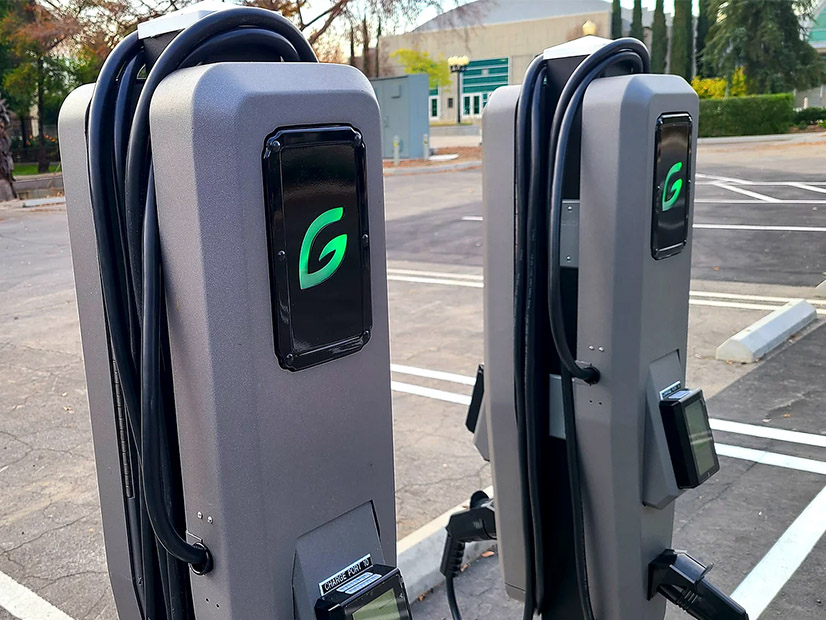
The “Made in America” stamp that once appeared on myriad industrial and consumer products could resurrect the U.S. manufacturing economy if it accompanies the shift toward renewable energy and electrification, two new studies conclude.
Presented by Advanced Energy Economy, one of the studies is the work of Princeton University associate research scholar Erin Mayfield and concluded that paying higher wages to workers building massive wind and solar projects would not significantly affect the cost of the power produced.
A second study by Guidehouse Consulting for AEE looked at eight advanced energy products — such as heat pumps, electric vehicles and solar panels — with annual sales of $61 billion, backed by foreign and domestic supply chains. The analysis projected sales over the coming decade if the products’ parts were made in the U.S.
The analysis concluded that moving the supply chains to the U.S. would cost billions but create tens of thousands of good-paying jobs and boost the national GDP by tens of billions of dollars.
Both studies were presented in a public webinar by AEE just hours before President Biden on Aug. 5 announced that he was setting a national goal of EVs accounting for 50% of new car sales by 2030. (See Biden Executive Order Sets 50% EV Goal by 2030.)
The webinar also included appearances by executives of two U.S.-based companies involved in burgeoning renewable energy technologies — businesses that would benefit from massive federal programs the president is considering boosting.
Jeff McNeil — COO of Enphase, a California-based manufacturer of inverters used in solar arrays, battery storage and energy-management technologies — said that while his company was founded and remains headquartered in the U.S., its manufacturing is done offshore.
But “I’m really excited about the potential of our industry bringing manufacturing to the U.S.,” he said. “The U.S. is our largest market, where we have the largest market share … of any company in the residential space, and Enphase products are helping to power roughly 800,000 U.S. homes and businesses. …
“Moving the entire supply chain to the U.S. will take significant time and resources. … It’s important to recognize the time and effort that will be involved.”
Paul Francis — CEO and co-founder of KIGT (“Keep it Green Tech”), a minority-owned, California-based startup that manufactures components for EV charging stations, including the operating software — said his company has been able to work with utilities and competitors to build advanced charging stations in communities that might otherwise be overlooked.
“You see our projects right now are in seven of the top 12 states” for chargers installed, “and we don’t expect to be the only Level 2 charging provider in locations where people are parked for more than two hours,” he said, adding that entrepreneurial companies like his are on the leading edge of the shift to electrifying transportation.
“What we’re doing in San Bernardino County is getting ready to create the largest factory to have the capacity of up to a million charging stations manufactured a year in California, with the opportunity to produce up to 2,000-plus jobs in our own community, just by the funding resources that the current administration and our state have made available,” he said.


